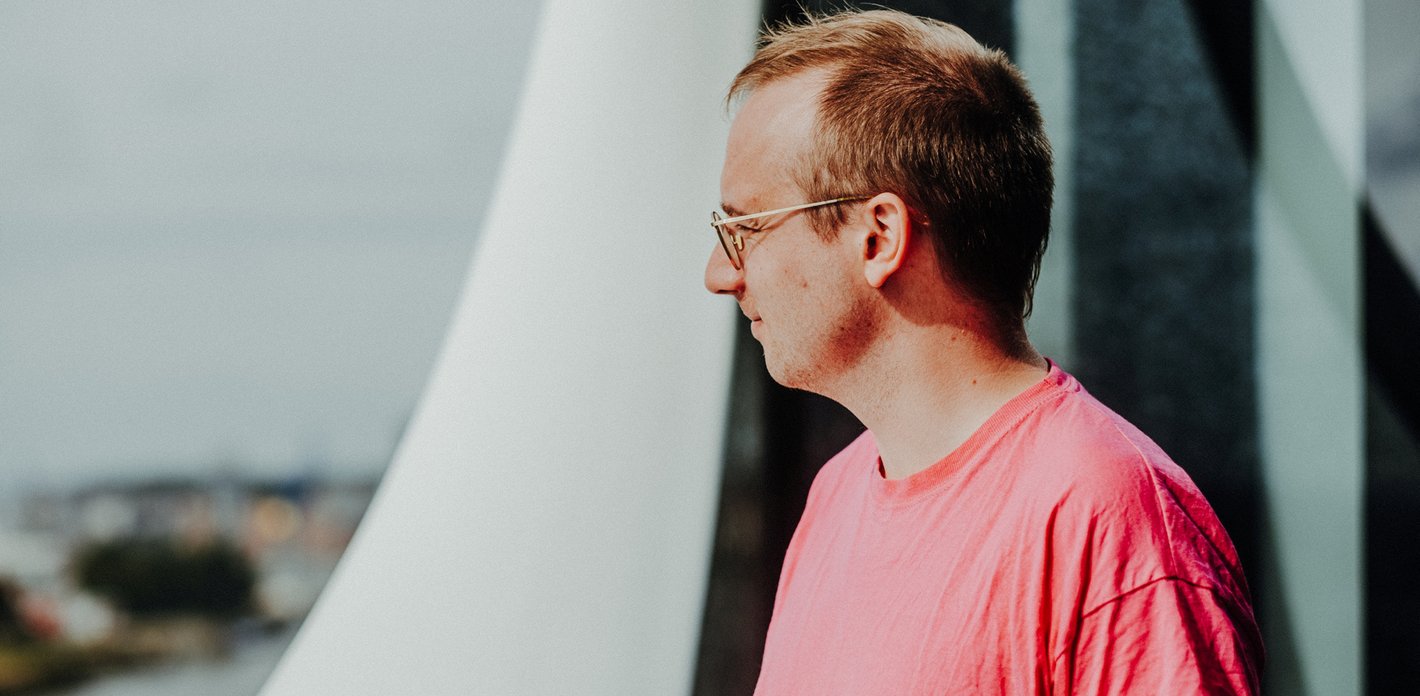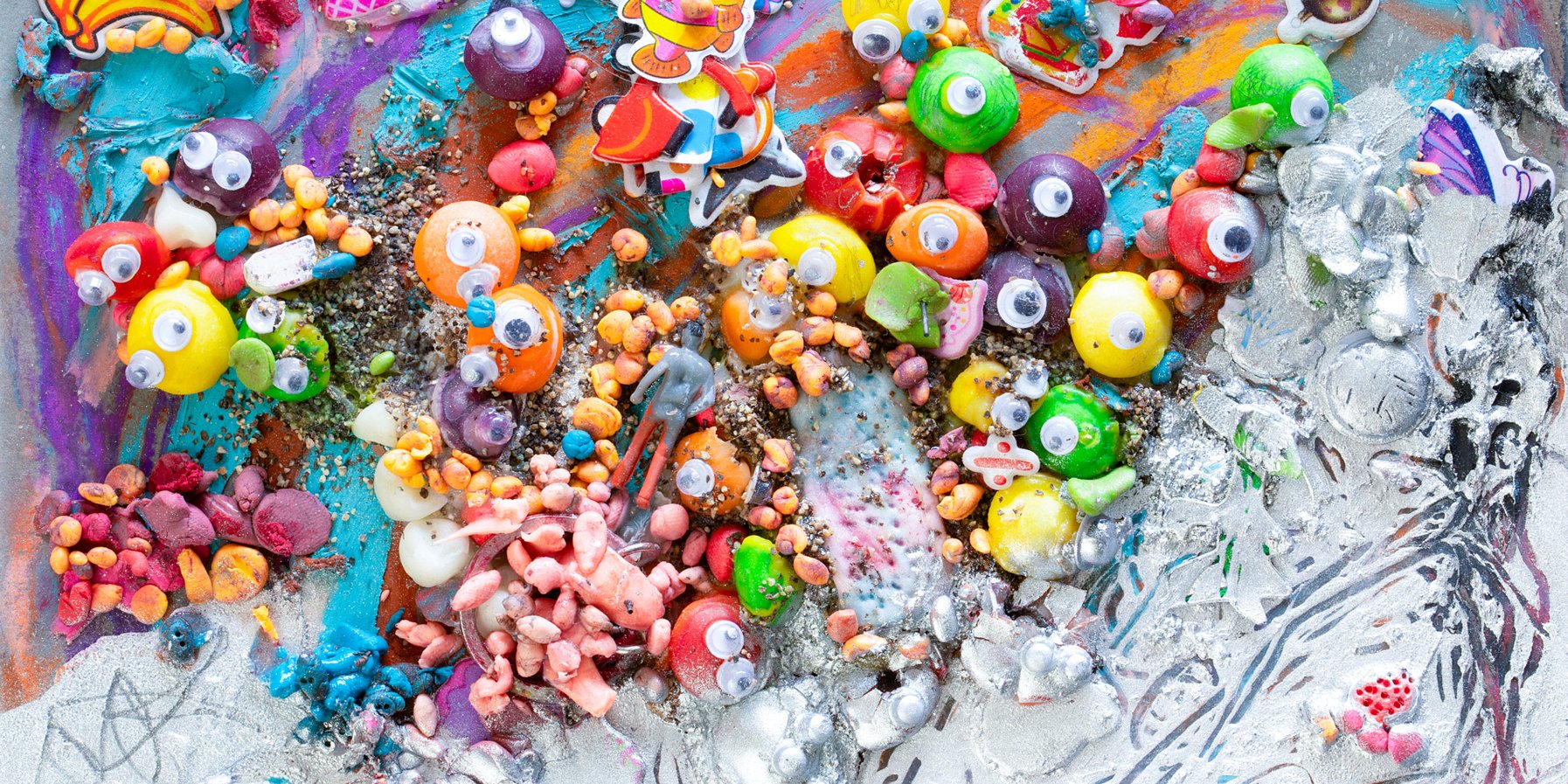Experience the sound of the present in the Grand Hall: the »Elbphilharmonie Visions« festival throws the spotlight exclusively on contemporary music. This promises both an exciting musical treat and a unique chance to engage directly with the composers, asking them about the works and composing itself. How do they approach the composing process? Do they envision an entire work before they start, or does it only emerge as they write? How does their environment influence their work? And what aspirations do they have for their music?
The festival’s composers share insights into their work in a series of short interviews. This edition is with Alex Paxton, who, according to the New York Times, is composing the »most joyous sound in ages«. As recipient of the Claussen Simon Composition Prize, the British-born composer is writing a new work for the NDR Elbphilharmonie Orchestra, set to premiere at the 2025 opening concert.
What inspires you as a composer? What role do non-musical factors play?
The experience of being alive. Love, pain, art, boredom, sexuality, dirt, peace, listening, visual art, eating, playing, talking listening, washing, hugging, TV, internet, swinging on a swing, care, cruelty, unjustness, spills, catastrophe, sunshine, children, playing trombone, jazz, money ... things like this.
Do you already have a strong vision of a work before you set about writing it?
I have a strong feeling about it, this is my compass bearing that I follow for the whole piece, like captain Jack Sparrow’s compass in »Pirates of the Caribbean« that tells him where he wants to go. I wouldn’t say it’s a vision because it’s not specifically visual, though it might be. It feels like it’s a feeling that exists beyond the medium of sound or sight in a big ball of abstract truth, feeling beneath the veneer of words we often occupy, and all those other things.
How would you describe the sound of our time?
Like minimal but with loads more notes; like video games but with more song; like jazz but much more gay; like old gay music but more current; like yummy sweet but stickier; like paint but scratchier; like tapestry but filthier; like prayer but louder; like loud groove but ruder; like fingers and faces too but somehow smellier; like smelly things cooking but with more chew and change; like louder prayers but with groove; like stinking hot pink in poo-brown but even more desperate; like drums and dream music ...
What does contemporary music need to do to win the public’s favour?
Diversify people, diversify style, diversify thought, diversify feeling.
What would you want the audience to know before listening to your work performed at the festival?
This is the best music I can imagine for orchestra. I want to make music I can enfold around my soul and, if I wanted to, send it away for a time.






